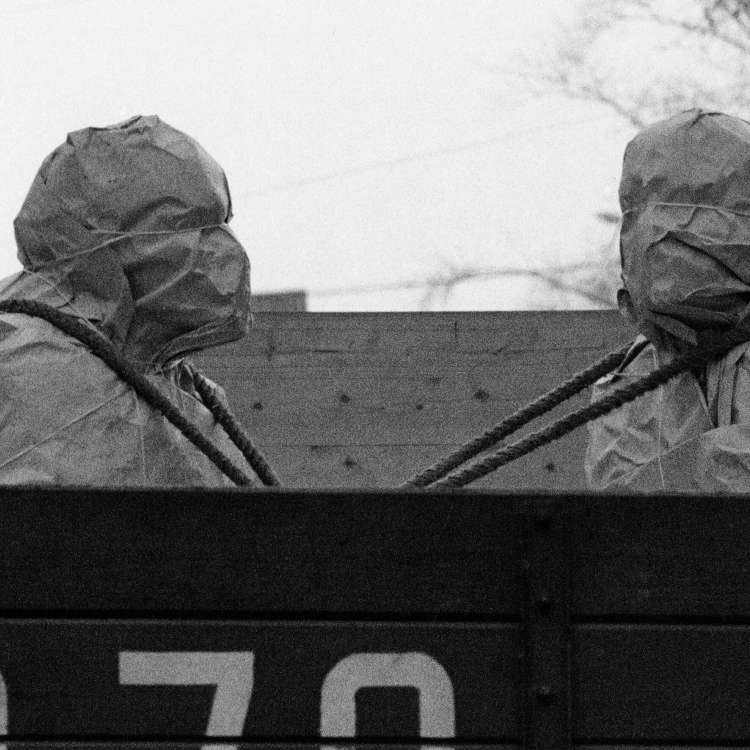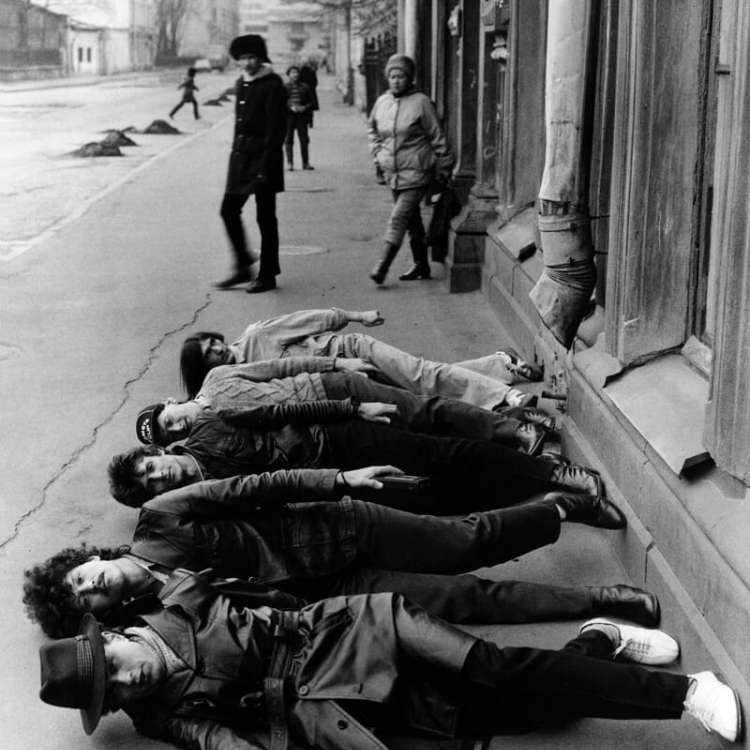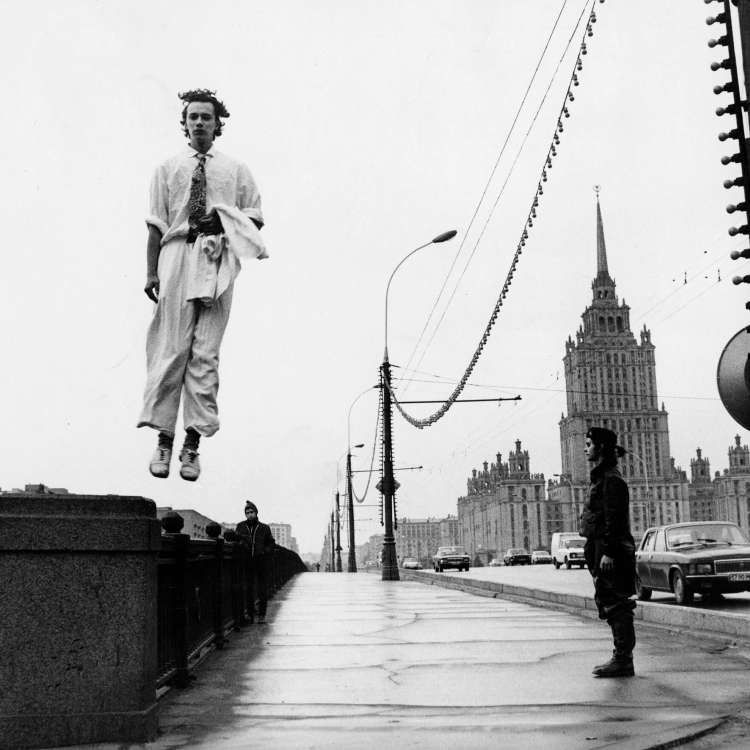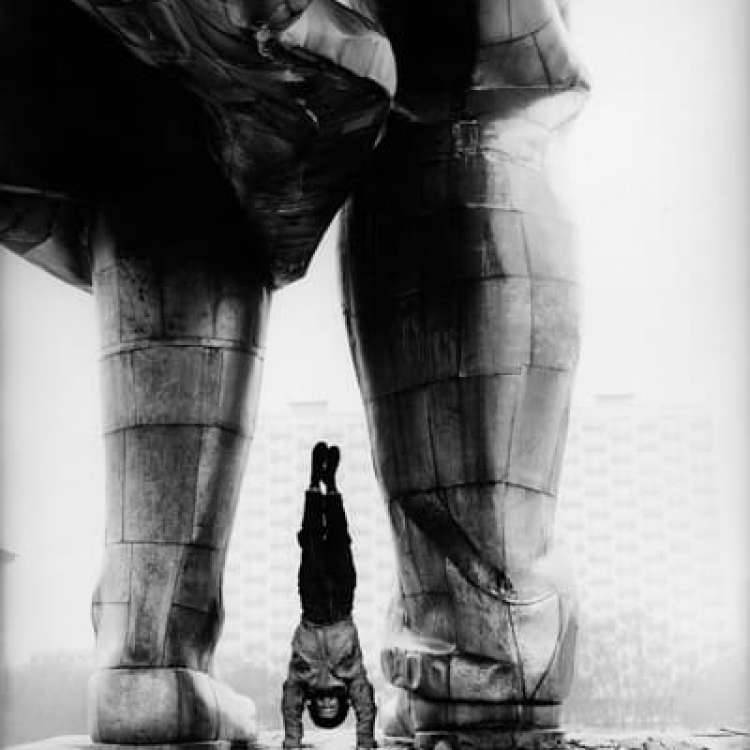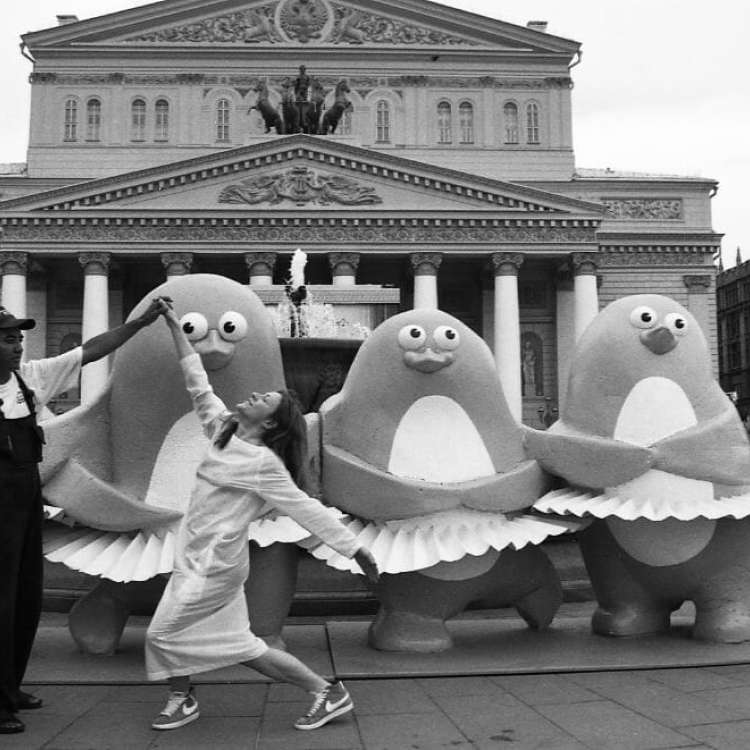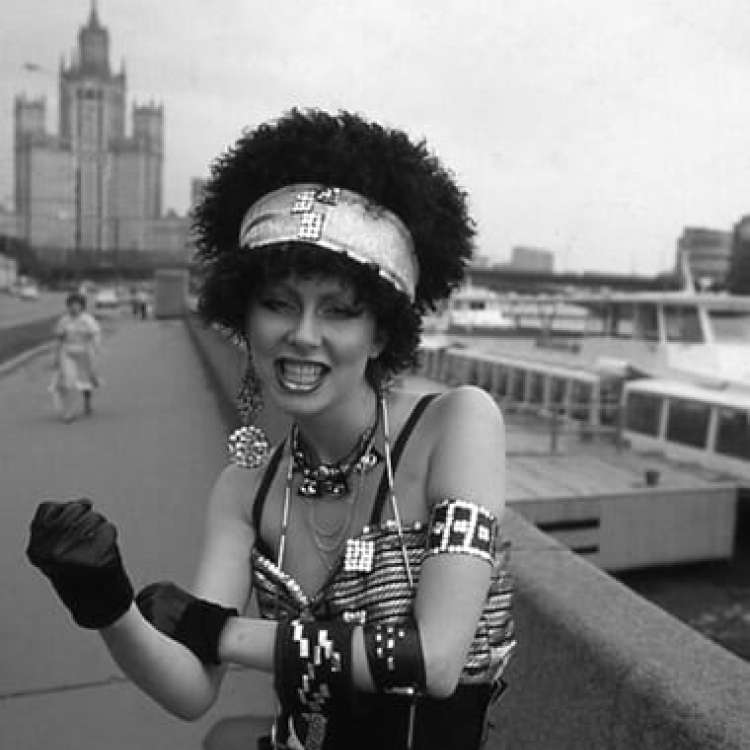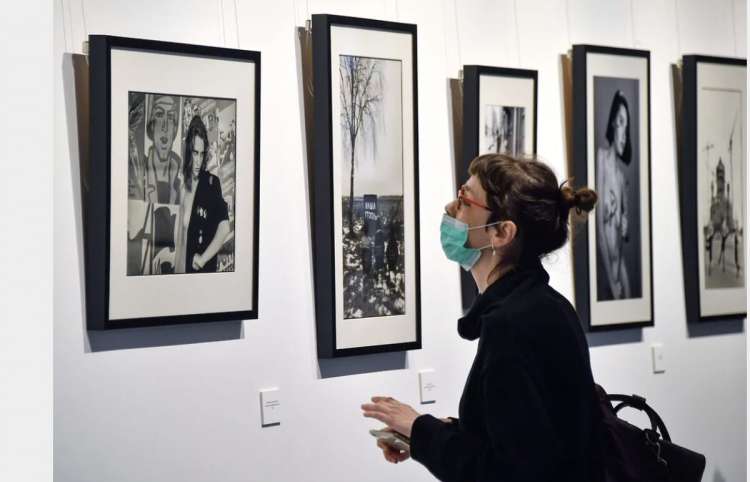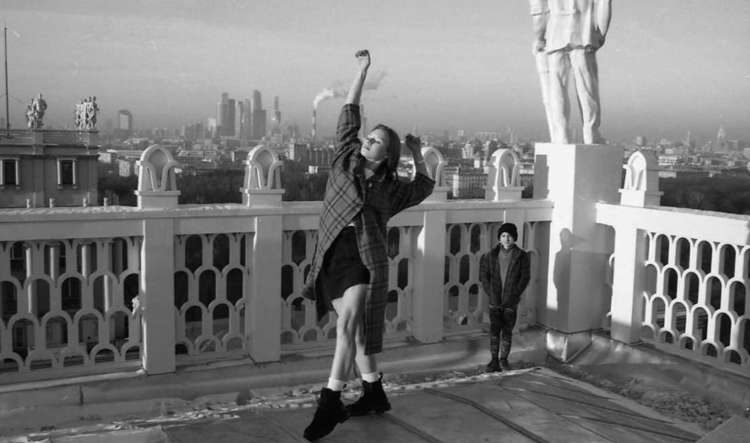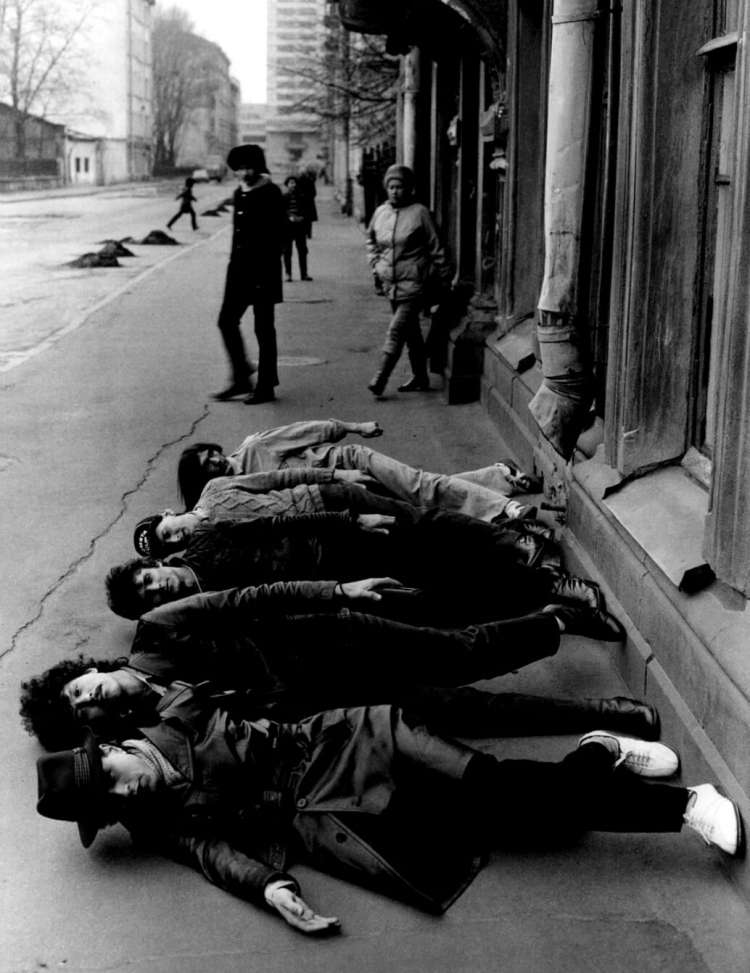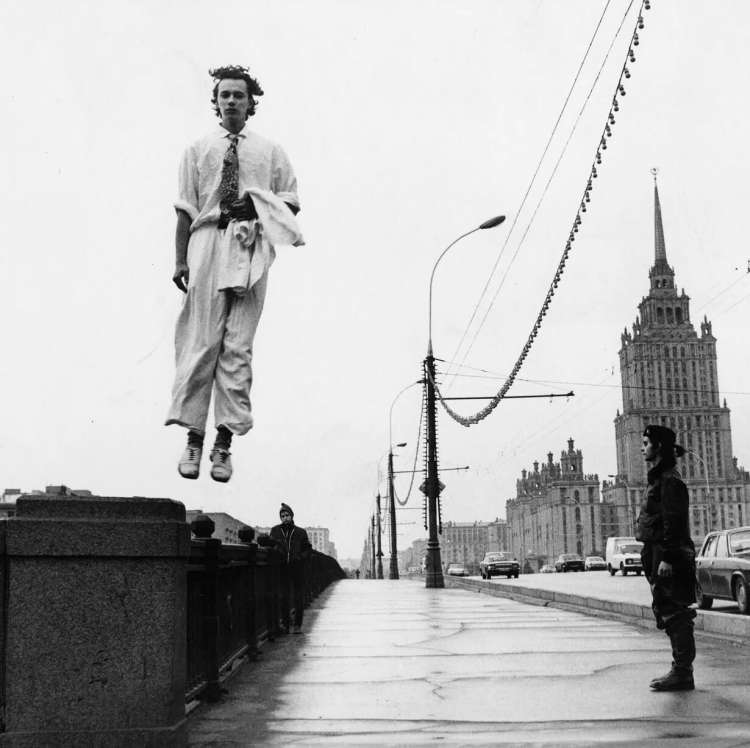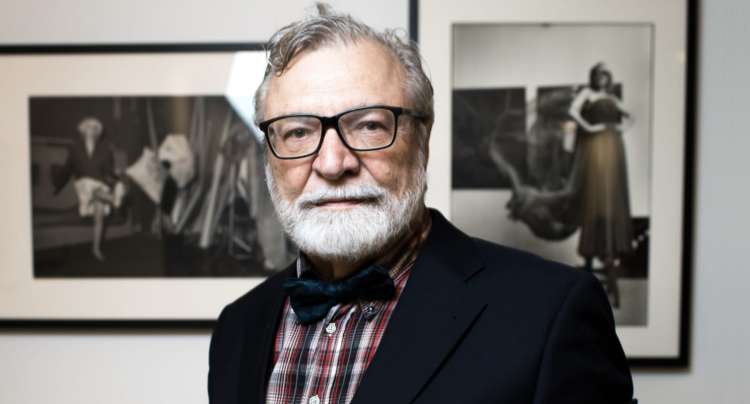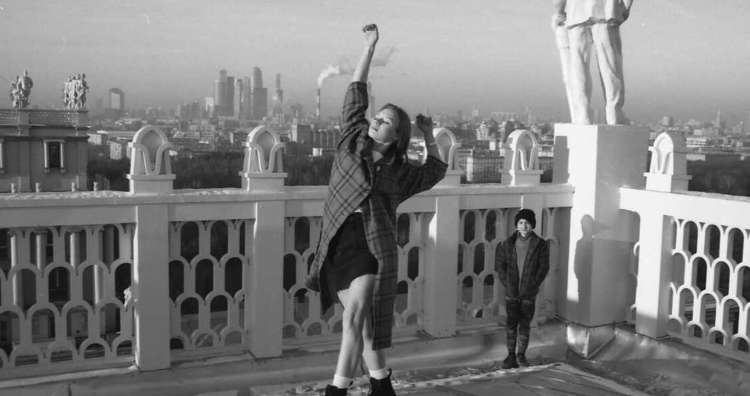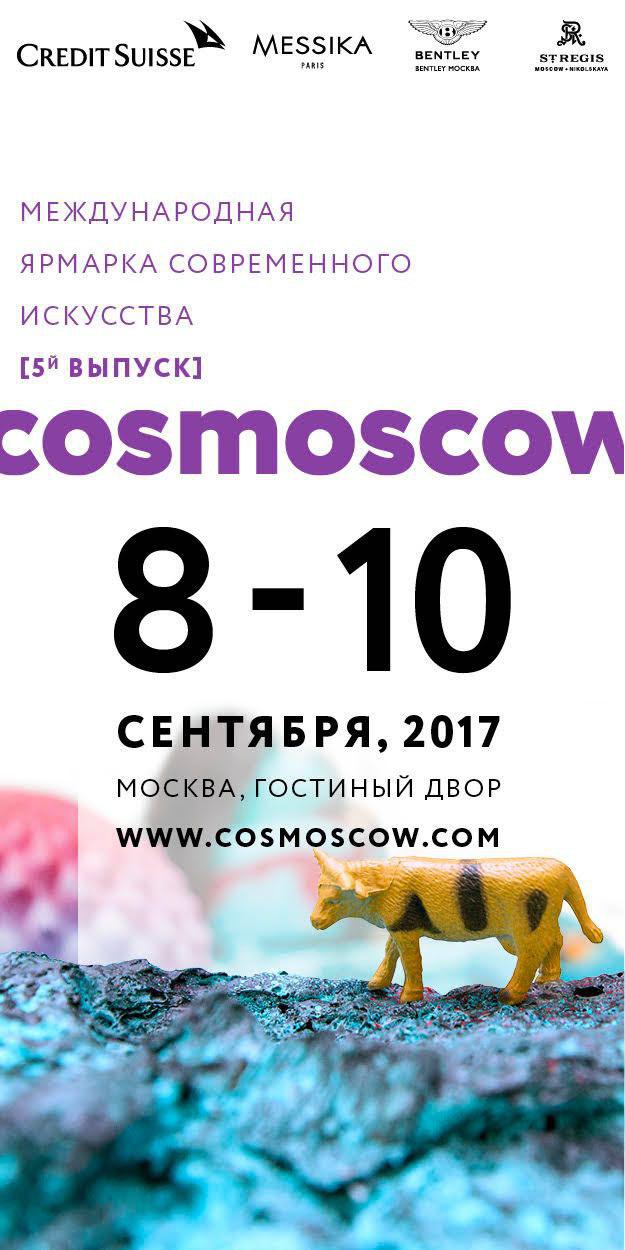Curator of the exhibition Catherine Borissoff has been working with the author’s legacy for many years, aiming to reconceptualise the material produced by this master of photography with a keen feel for the ‘zeitgeist’, revealing his oeuvre in a new light with each successive show. Whatever genre his works take (whether portrait, studio, urban or nude photography), they nearly always reflect the characteristics of those periods and events in history chronicled to this day by Sergei Borisov.
The exhibition features more than 50 images by Borisov from various years, including both well-known works and those seen for the first time.
The definition of the word ‘reconstruction’ (‘radical reorganization, organization on a new foundation’) quite accurately reflects the essence of the author’s artistic approach in the 1980s and 90s, as perestroika and the USSR began to fall apart (‘Glasnost and Perestroika’ (1986), ‘Dialogue’ (1983), ‘Flight’ (1988), ‘The Student’ (1993), ‘Dancing in front of the Construction Site’ (1996)).
Parallels with works from past years are involuntarily called to mind as the author continues his playful reiteration of images and subjects in the newer pictures. This reconstruction of subject matter brings a reinterpretation. Many of Borisov’s works assume a different resonance today. The world is still in need of change (‘Changes’ (2020), ‘Aurora’ (2012), ‘..reedom’ (2020), ‘Friendship of Peoples’ (2005), ‘Our Utopia’ (2020)).
As a rule ‘Reconstruction’ does not try to recreate the events of the past, instead it seeks to reflect on the events of our time and devise a radical reconstruction on new foundations. This is an attempt to comprehend the present moment in which everyone must answer the question: is a new future necessary, or must we endlessly recreate the past?
Borisov continues to work actively to this day, recording the current events that will also become history one day.
“We will not die.” Let’s hope so.

